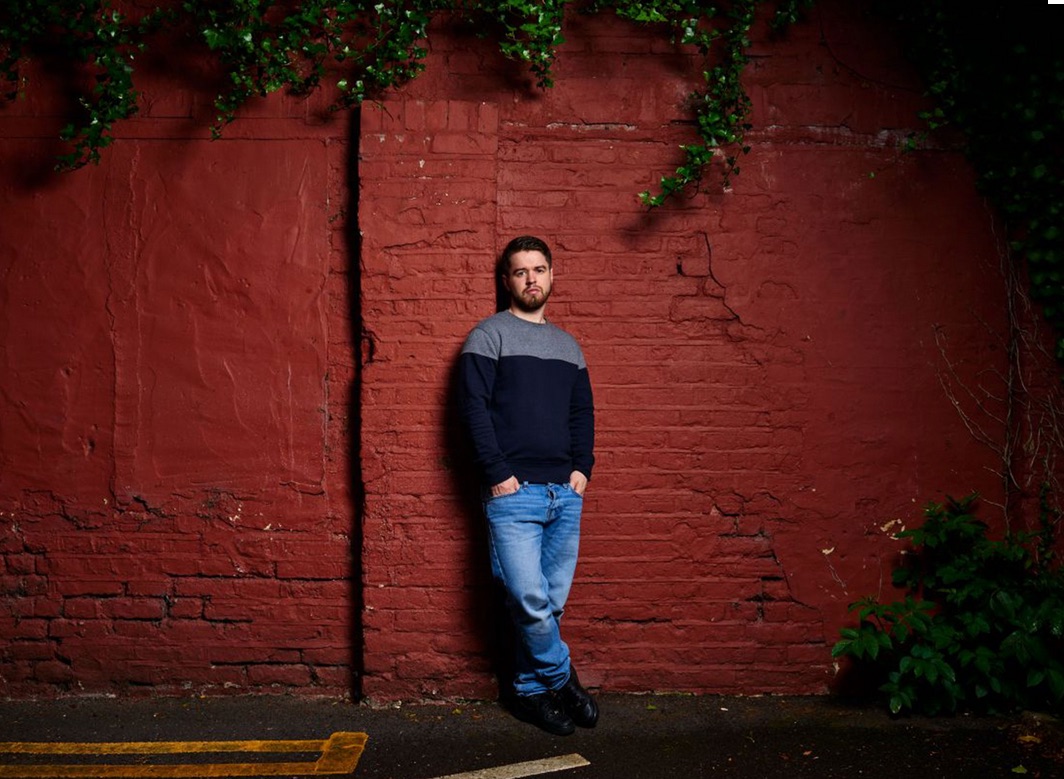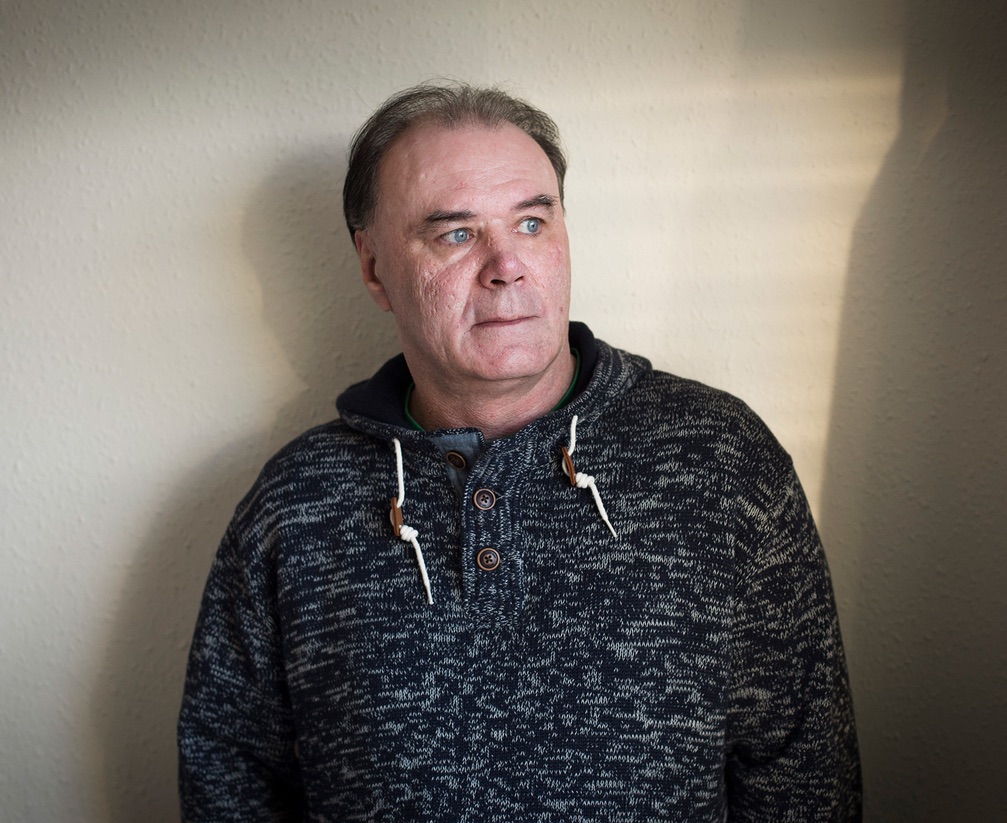The Supreme Court is to hear a challenge to the ‘inhumane’ law passed by the Coalition government restricting compensation for the victims of miscarriages of justice in the cases of Victor Nealon and Sam Hallam. Both Nealon and Hallam – see here and here – are undoubtedly innocent but, as they can’t categorically prove their innocence, they aren’t entitled to the support of the state for the many errors that have been inflicted on the pair in its name. The case is due to heard on May 9 and 10, 2018 by a full panel of seven justices.
The scandalous way that they and other victims of wrongful convictions have been treated is the result of the Coalition government’s amendments to the Criminal Justice Act 1988, section 133 under its Antisocial Behaviour, Crime and Policing Act 2014. The legislation now restricts compensation for the victims of miscarriages of justice to those who can demonstrate that a ‘new or newly discovered fact shows beyond reasonable doubt’ that they did not commit the offence.
‘We are absolutely delighted that Victor Nealon has been granted permission by the Supreme Court to challenge the government’s cruel miscarriage of justice scheme,’ commented Nealon’s soliciftor Mark Newby. ‘It is hoped that the Court will recognise that the legislation requiring someone to prove their innocence a second time is a fundamental breach of the government’s obligations and is simply unjust.’
‘My client spent 17 years in prison for a crime he didn’t commit,’ continued Newby. ‘How he was treated in prison was appalling – he left traumatised, deeply vulnerable and with only £46 in his pocket and nowhere to live. Those years of trauma – he insisted that he was innocent from day one – have been compounded by an outrageous refusal of the Ministry of Justice to compensate him.’
Newby argues that 2014 legislation ‘essentially reverses the criminal standard of proof in our courts’.
‘The new law is inhumane. It must be changed. It has been said before that how we treat prisoners is a measure of our own decency as a society. The way that we treat innocent prisoners is nothing short of a scandal.’
Mark Newby
Not innocent enough

Sam Hallam was serving life imprisonment for a murder he did not commit. Pic by Micha Theiner for the Independent on Sunday
Victor Nealon was released from prison after 17 years when his conviction was overturned on the strength of a DNA test. At the age of just 17 years, Sam Hallam was convicted in relation to a gang-related murder in the East End. Thames Valley Police, instructed by the Criminal Cases Review Commission, interviewed 37 people at the crowded murder scene. They all said Hallam wasn’t there. Nor was there any forensic evidence to link him to the murder scene nor did he appear in any CCTV footage.Under cross-examination, the main witness who placed Hallam at the murder scene admitted before the court that she was ‘just looking for someone to blame on the spot really’. In the end evidence on his mobile phone placing Hallam was in the pub with his Dad exonerated him. Hallam – possibly the youngest victim of a miscarriage – spent seven years in prison.
I interviewed Sam Hallam last year after his release in May 2012. ‘I used to get really angry. But now, I say to people I feel more angry than I did then,’ he told me. Whilst Sam was in prison, his father, Terry, took his own life as a result of the stress of the case. He told me he had yet to visit his father’s grave.
Victor Nealon left HMP Wakefield with just three hours’ notice, £46 in his pocket and a train ticket to Shrewsbury. The former postman could have been released after seven years but was repeatedly rejected for parole because he refused undergo rehabilitation to address his “crime”.
It was widely (and incorrectly) reported that he spent his first night of freedom on the streets. The newly-released Nealon actually travelled to Shrewsbury where a close friend from prison lived with whom he was hoping to stay. Unfortunately his pal had gone to the Court of Appeal to collect him. Victor had been following the hearing from prison via videolink.
The following day a penniless Victor Nealon met a couple of journalists who paid for a hotel the following evening in exchange for an interview.
‘I’m under the care of a psychiatrist,’ he told me in 2015: ‘I am not working and I am on sick benefits. Prison has ruined my life.’







